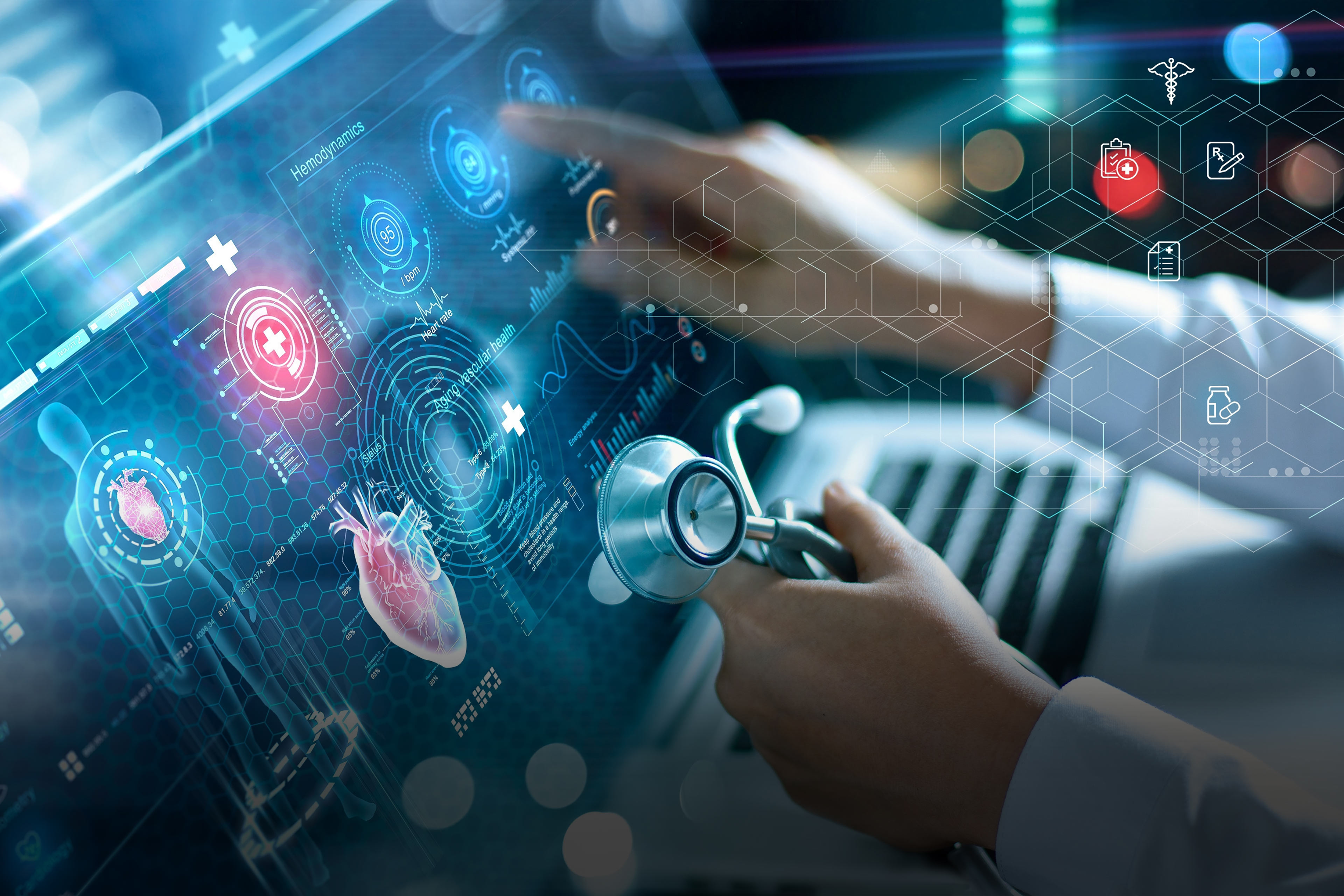
Every individual struggling with addiction or mental health challenges brings a unique story, set of experiences, and personal needs. Despite this, traditional approaches have often relied on standardized treatment programs that treat patients as if they were all the same. Research and clinical experience now show that this one-size-fits-all approach limits recovery success. Personalized treatment plans, which adapt to the specific needs, goals, and circumstances of each patient, are proving to be far more effective in supporting lasting recovery and improved mental well-being.
Understanding the Limits of Standardized Treatment
Standardized programs may provide general guidance, therapy sessions, or support groups, but they often fail to address the complex interplay between mental health and addiction. Each patient’s substance use history, underlying mental health conditions, trauma experiences, and social support systems can differ greatly. Without individualized attention, key aspects of recovery may be overlooked, increasing the risk of relapse and leaving patients frustrated or disengaged from care.
The Impact on Recovery Outcomes
Studies consistently show that recovery outcomes improve when treatment is tailored to the individual. Patients in personalized programs are more likely to remain engaged, adhere to therapy, and achieve long-term sobriety. Personalized care allows clinicians to focus on both the immediate challenges of addiction and the root causes that often drive substance use, creating a more holistic and sustainable path to wellness.
Components of a Personalized Treatment Plan
Creating a personalized treatment plan involves more than simply choosing therapy sessions or medications. Effective plans consider multiple aspects of a patient’s life and well-being.
Comprehensive Assessment
The first step is a thorough assessment of physical health, mental health, substance use history, family dynamics, and personal goals. This assessment helps clinicians identify co-occurring disorders, triggers, and potential obstacles to recovery.
Tailored Therapy Approaches
Therapy is most effective when it matches the individual’s needs. Cognitive-behavioral therapy, dialectical behavior therapy, trauma-informed care, and family therapy can be combined based on the patient’s history and preferences. Group sessions may complement individual therapy, providing peer support and community connection.
Integration of Holistic and Faith-Based Practices
Many patients benefit from holistic approaches such as mindfulness, yoga, nutrition counseling, and art therapy. For those who wish to include spiritual guidance, faith-based practices can offer additional motivation and emotional support. Research shows that these practices can improve treatment engagement, emotional resilience, and overall quality of life.
Flexible Care Levels
Personalized plans often incorporate multiple levels of care. Inpatient treatment may be recommended for initial stabilization or severe addiction, followed by outpatient programs to help patients apply coping skills in real-world settings. Adjusting the level of care as recovery progresses ensures continued support while promoting independence and self-efficacy.
Why Personalized Care Improves Long-Term Success
The key advantage of personalized treatment is that it addresses both the symptoms and the underlying causes of addiction and mental health issues. By considering each patient’s physical health, emotional needs, social environment, and personal goals, clinicians can create strategies that truly resonate with the individual. This approach not only reduces relapse risk but also fosters a sense of empowerment, accountability, and hope.
Building a Collaborative Recovery Journey
Personalized care also encourages collaboration between patients and providers. When patients are actively involved in designing their treatment plans, they are more invested in the process and motivated to achieve their goals. This collaborative approach strengthens the therapeutic relationship, enhances engagement, and contributes to long-term recovery success.
Taking the First Step Toward Personalized Recovery
Addiction and mental health challenges are deeply personal, and treatment should reflect that reality. One-size-fits-all programs may provide temporary relief, but personalized treatment plans offer the best opportunity for lasting recovery and holistic healing. If you or a loved one is navigating addiction or mental health concerns, reaching out to a professional provider who offers individualized care is the first step toward transformation. Compassionate, evidence-based support is available, and your path to recovery can be tailored to meet your unique needs and goals.



